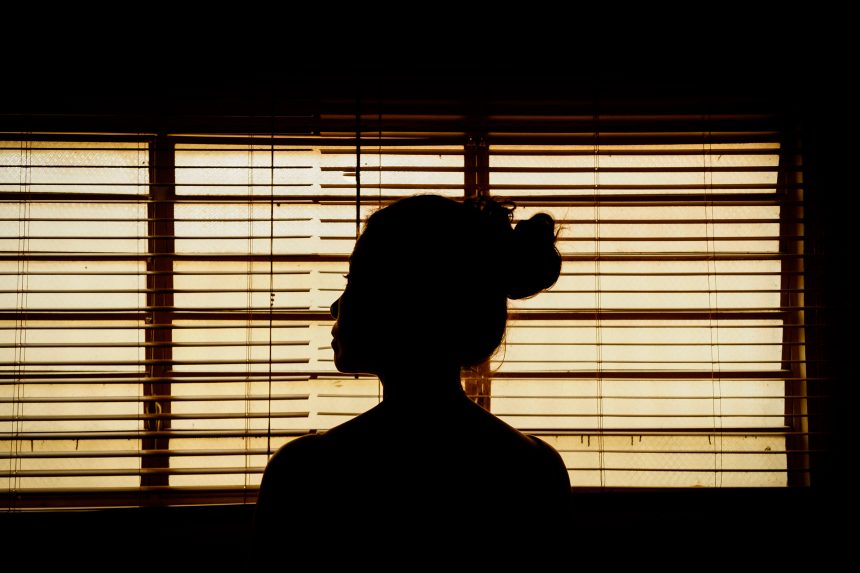According to Portuguese and Spanish Christians, prostitution should be banned. The organisations Diacona España in Spain and LOC/MTC in Portugal are taking action against prostitution. They argue that women have certain rights to their bodies’ integrity, and that prostitution breaks those rights.
The Spanish Congress of Deputies has approved the opening of the debate on the abolishment of prostitution and the prohibition of pimping in all its forms. While this approvement may be celebrated, the ban on prostitution is only the first important step to “make an end to all actions that profit from the body and dignity of people, especially women and girls”. According to Diaconia España, an organization against prostitution and human trafficking, it is vital to prosecute the ‘third locations’: owners who rent places where prostitution is practiced, but also websites that advertise prostitution and other people who profit from prostitution in any way.
Diacona España also suggests that the ban on prostitution and pimping should be accompanied by a government policy aimed at education and prevention. In this policy, it is essential to focus on the victims of prostitution. They argue that it is necessary to take these victims into account with every legislative action, so that they are protected, have access to every civil right, and have a realistic alternative to get out of prostitution.
Action in Portugal
Action against prostitution is also undertaken by Christians in Portugal. After debate at the national congress of the Catholic Workers League/Christian Workers Movement (LOC/MTC), the organization approved a motion against the regulation of prostitution in Portugal. They state: “We cannot accept the commercialization of the body as if it is something natural”, and that prostitution “is not and cannot be seen as work like any other.”
According to the LOC/MTC, the way to fight against prostitution, is to make concrete policy that promotes peace, abolishes poverty, creates good jobs and fair wages, and strengthens social protection.












